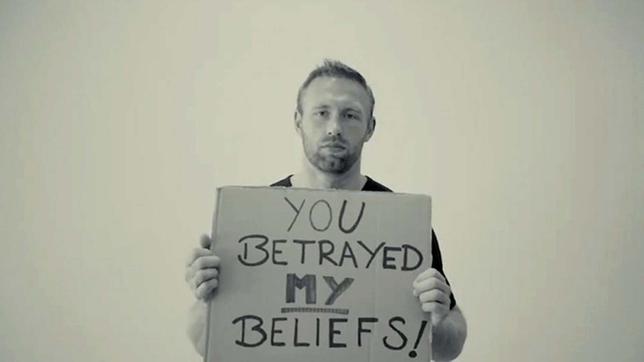If the words we uses communicate a psychological meaning, those expressed by Giammarco Tamberi, Italian athlete, to explain his poor performance in the final of the high jump at the Track and Fields World Championships, tell us which way this talented guy should improve.
Tamberi described his performance as follows: “The day started badly, I had not the right feeling … I’m disappointed and angry but I do not know who to blame. Usually we learn from defeats, but I still have to understand. Did the rain influence me? The rain is there for everyone, there is no excuse, others have jumped, you could do it, I do not. I do not understand what went wrong and where I went wrong … if I felt the pressure? Not really, I thought to be comfortable, I waited to race after the long trip, but nothing … sorry. ”
Tamberi takes upon himself the responsibility for its poor performance but can not explain it. For me there are three mental mistakes they have committed:
- “I thought to be good” – An experienced athlete is not content to think but he bases his belief on the emotions he had every time he performs at the best.
- “If I felt the pressure? Not really” – At this point three choices or you’re tired or you’re already fulfilled or you’re so stressed not to feel the tension you have. Reduced awareness of the physical and mental condition and no plan to self-regulate himself.
and finally,
- narcissistic attitudes such as having his face half-shaved and half with a beard, let them do to Bolt, because then you have to know how to stand up with outstanding performance. Otherwise they represent the will to assert himself through a fashion and not by the will to give the best you can.
These are in my opinion the reasons for this poor performance and the improvement goals on which Tamberi should train.







